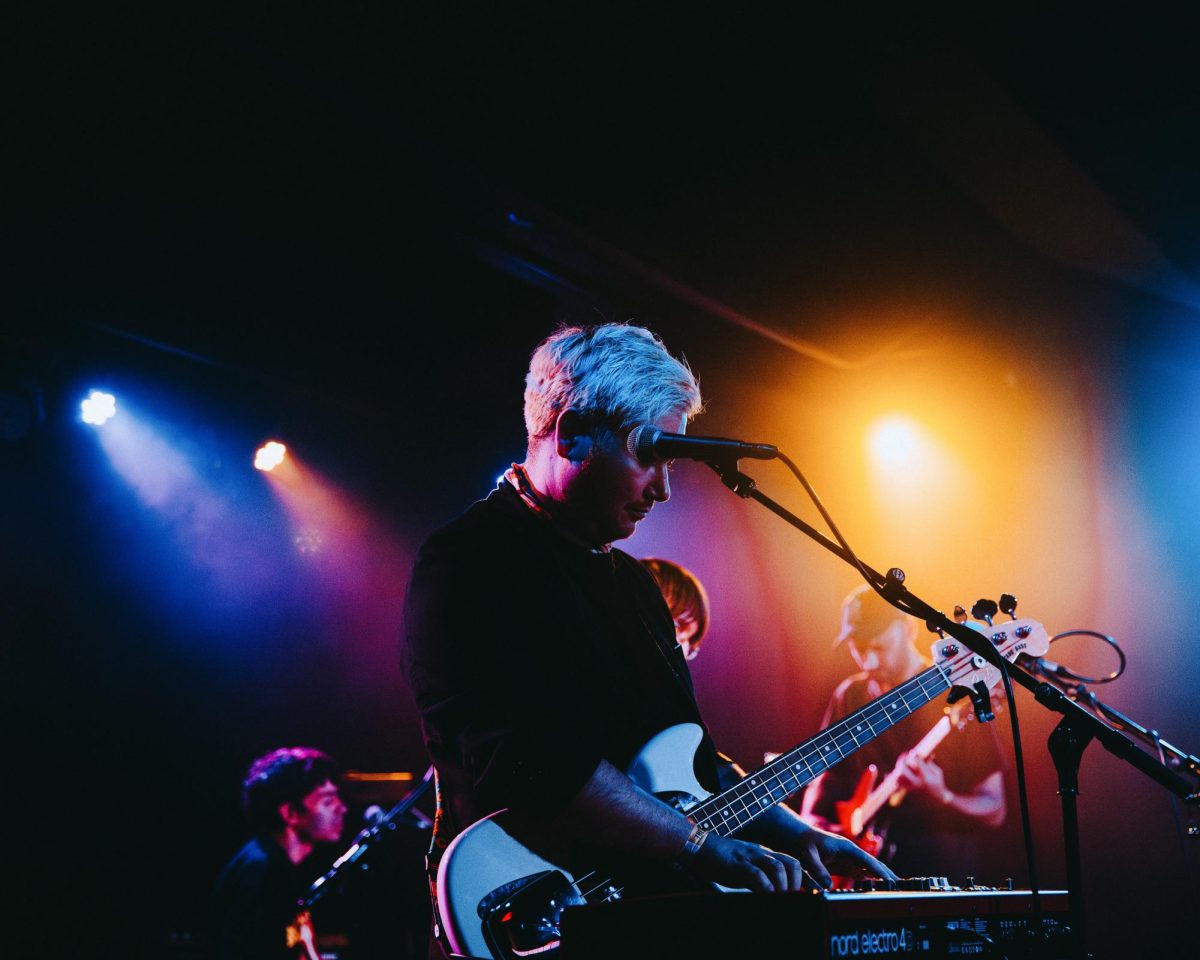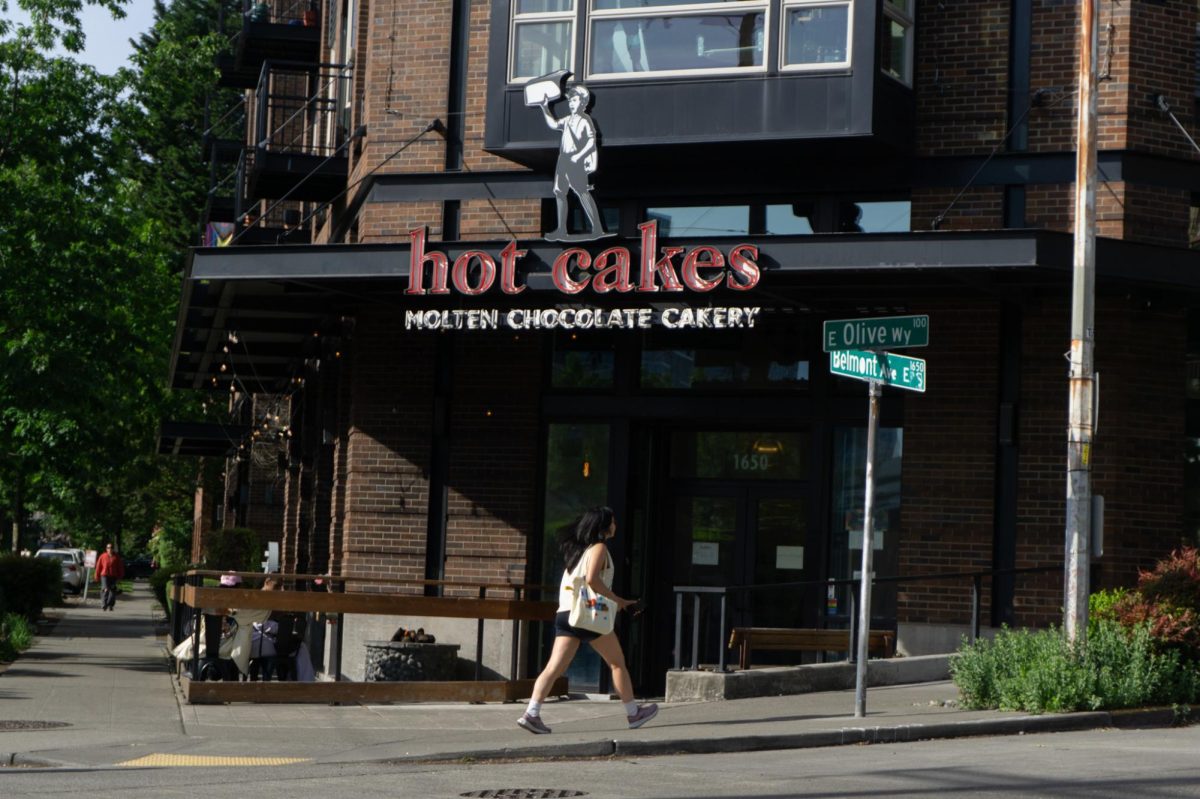With all the emotions that permeated the night, I left feeling a deep sense of wholeness—something I haven’t felt in a long time.
I attended “Of Color & Other Beautiful Things: A Space Created by Womxn of Color At Seattle University,” last Thursday. The womxn of color group on campus is a mix of individuals who identify with the trauma and joy embedded in the experiences of being a womxn or gender non-conforming, person of color. I had heard of the group’s weekly gatherings, in which they discuss their experiences as womxn of color from a friend.
The ‘x’ in womxn was developed by people of color to differentiate themselves from the co-opted spelling of “womyn,” which is claimed by genderqueer and gender non-conforming communities.
Although I am a womxn of color, I had not considered that part of my identity had contributed to suffering in my life.
My first experience with the group opened my eyes, and eyes of many others, to the countless ways our identities determine our life experiences. Tuning into a shared sense of brokenness opens doors that allow us to claim our identities in the midst of a history of systemic oppression.
Walking through the doors of the Campion Ecumenical Chapel to attend the healing ritual put on by the group, I felt a sense of unconditional welcome.
Pillows and blankets formed a circle in the center of the room, while stations, some with art supplies and colorful glitter, others with homemade food for the communal gathering and even more with poetry, pictures of loved ones and books on feminism bordered the space. People were encouraged to wear their cultural attire, or anything that they would normally feel judged for wearing. We also shared our full names with eachother, something that many of us often do not do to accomodate those who have difficulty pronouncing them.
“Being able to come in traditional Mexican attire, expressing all these feelings held deep in my brown body and knowing I can come exactly as I am here… I feel the most free since I’ve come to Seattle University,” said sophomore Carina de la Cruz.
The night was full of story sharing, dancing and remembering those who have shaped our lives. Through affirming and celebrating each other’s lives, we found security in the space that allowed us to start healing from pain and embrace our full identities, despite the continuous hurt and marginalization we face.
“I am not ashamed of feeling any kind of feeling [in the group],” said junior Rukhsar Palla. “I am not stepped on when I am gentle and I’m not judged when I am angry.”
The idea for this empowered group first came to student Fiza Mohammad toward the end of last spring. On a campus that constantly caters to and represents white culture, she sought to create an alternative space, believing womxn of color know how to heal themselves and their communities.
“What would a space look like where we didn’t need this group? We don’t even know,” Mohammad said. “We, in ourselves, are also deprived of these spaces. We may have them among our mothers and our families and our girlfriends, but we don’t get it on a wider scale than that.”
The dream soon bloomed into reality, as Fiza Mohammad, Jasmine Schwartz, Asha Dumonthier and several others worked to create this important community. In addition to the healing ritual, which the group hopes to have at least once every quarter, they also created an 18-page zine with their own poems, artwork and photos that express their pain and joy as womxn of color.
The last hour of the three hour celebration invited cis men of color, white women and white queer and gender non-binary folks. Cisgender, heterosexual white men were asked to show their allyship in ways other than attendance.
Although the exclusion of heterosexual white men has been met with some criticism, the group recognized the historical pain, mistrust and abuse felt by womxn of color becaiuse of that group and asked for respect in protecting their safe space.
“So many of our spaces are uncontrolled. We’re constantly assaulted by things we have no control over,” Mohammad said. “People do not see us and our emotions as valuable.”
According to Mohammad, the success of the group will depend on its ability to maintain fluidity and change according to the needs of the womxn of color at Seattle U. She has full faith in those who have taken on this responsibility.
More healing rituals will take place on campus. Those interested in joining the group or future events may contact Mohammad. The group is also exploring an opportunity to have their own show on KXSU.
“[The group] pulls parts of myself out of me that I’m just beginning to discover, through hearing the stories and words of other chicas in my group,” said senior Victoria Renee Derr. “The healing experience [is] a complete manifestation of the heart and soul we put into the spaces we create for [ourselves]. Sacred spaces.”
Vikki may be reached at vavancena@su-spectator.com







